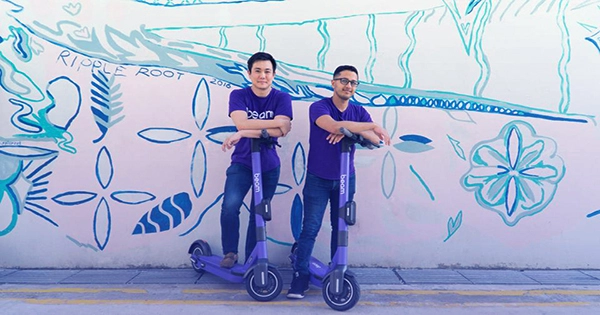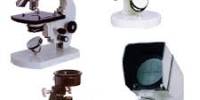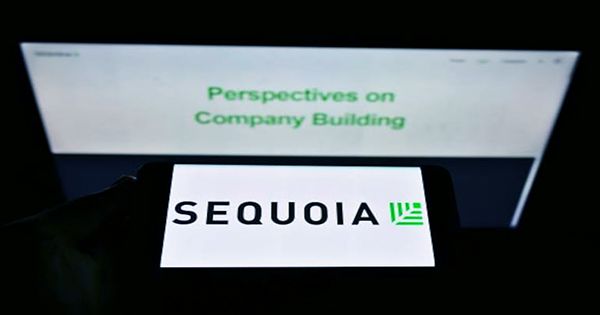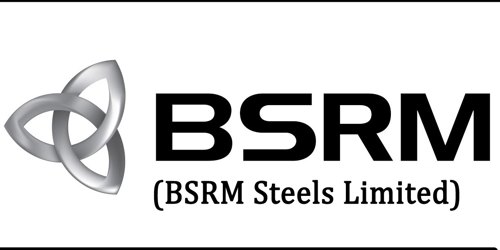Beam, a Singapore-based shared micromobility company, said today that it has secured $93 million in a Series B investment to expand into additional Asian markets. Affirma Capital led the round, which takes the total amount funded to $135 million, with Sequoia Capital India, Hana Ventures, ICT Capital, EDB Investment (EDBI), AC Ventures, RTP Global, and Momentum Venture Capital joining in. According to Beam CEO and co-founder Alan Jiang, who declined to offer specific figures, the Series B raises Beam’s capitalization into the triple digits.
Beam, which already has e-scooters and e-bikes in 35 cities in Malaysia, Thailand, South Korea, Australia, and New Zealand, wants to expand into markets such as Japan, Indonesia, the Philippines, Vietnam, and Turkey. Furthermore, the extra funds will allow Beam to accelerate the rollout of its new fifth-generation Beam Saturn e-scooter, which the business plans to begin in the second half of this year. According to Jiang, the next-generation scooter will have an improved version of Beam’s safety platform, termed Micromobility Augmented Riding Safety (MARS), which protects pedestrians and gives local governments more control over where e-vehicles may park and ride.
Dead reckoning and on-edge geofencing are already part of the platform, but the fifth-generation Saturns will have a feature called Beam Pedestrian Shield, which is “an onboard AI camera that can instantly and accurately detect pedestrians to prevent collisions and detect footpaths to automatically reduce vehicle speed or even prevent riding entirely,” according to Deb Gangopadhyay, Beam’s chief technology officer.
Beam claims that its inbuilt camera with computer vision will be available at scale by the third quarter of this year. A spokesman for Beam told TechCrunch that the firm will first trial the onboard camera technology, which is being developed in partnership with an unknown R&D partner.
For example, Spin, an American micromobility firm, is collaborating with Drover AI, a computer vision startup, to test camera-based safety solutions in a select countries, while Voi, a European operator, is doing the same in the United Kingdom with Luna. Aside from the new technology, the Saturn will include 12-inch wheels that are 20% bigger than conventional e-scooter wheels, as well as hydraulic suspension. According to the business, the Saturn features entirely swappable batteries with enough capacity for 110 km of riding range, which is double the typical e-scooter battery capacity.
Beam also aims to introduce a new e-moped, the Beam Pluto, in the second half of this year, and expects e-mopeds to account for up to one-third of its fleet in the next two years, according to Jiang. Despite mobility constraints caused by the COVID-19 pandemic, Beam’s revenue has grown 15 times since 2020, according to Jiang, however the CEO did not provide a baseline for that growth.
When asked about tightening micromobility regulations in some Asian countries, Jiang told TechCrunch that Beam works closely with regulators in all of the geographies where the company operates to provide safe and sustainable shared micromobility, and that the company rebalances vehicle assets between geographies based on deployment opportunities.
Micromobility is increasingly being acknowledged as a necessary mode of transportation practically everywhere in Asia, he said, with the associated legislative frameworks maturing. “Our goal is to transition single-person travels’ to shared compact electric vehicles, which are both environmentally friendly for cities and cost-effective for consumers,” Jiang told TechCrunch.
















